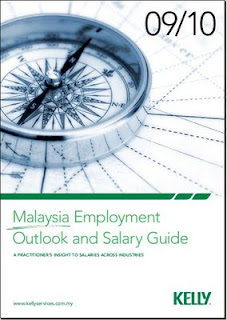GSM (Global System for Mobile communications) is the most widely used mobile communication standard nowadays, making up about 80% of the mobile market with about 4 billion users from 200+ countires worldwide.
GSM uses cryptographic algorithms for security and over-the-air privacy. Beside protecting the phone conversation privacy, GSM security is very important nowadays as services such as phone banking, mobile-commerce, SMS transaction, etc. are becoming more and more popular.
The bad news is, German computer security researchers Karsten Nohl has just shown to us in his talk at the 26th Chaos Communication Conference in Berlin that GSM encryption can be easily hacked with simple tools, and its telephone conversation or SMS text message can be intercepted by hackers.
Nohl presented 2 flavours of attack devices, which is able to do active intercept or passive key cracking.
Before this, security experts believe that decrypting the GSM signals will need at least hundreds of thousands of dollars and complicated technology. However, Nohl has shown the much cheaper and simpler way of hacking it, using hardware that cost as low as several thousand dollar and open source application such as OpenBTS.
This has definitely bring concerns to the whole world, especially those service providers and users of phone banking, mobile-commerce, SMS transaction, etc.
Click here to look at the slides of Karsten Nohl presented at the 26th Chaos Communication Conference.



+2+lines.jpg)
















